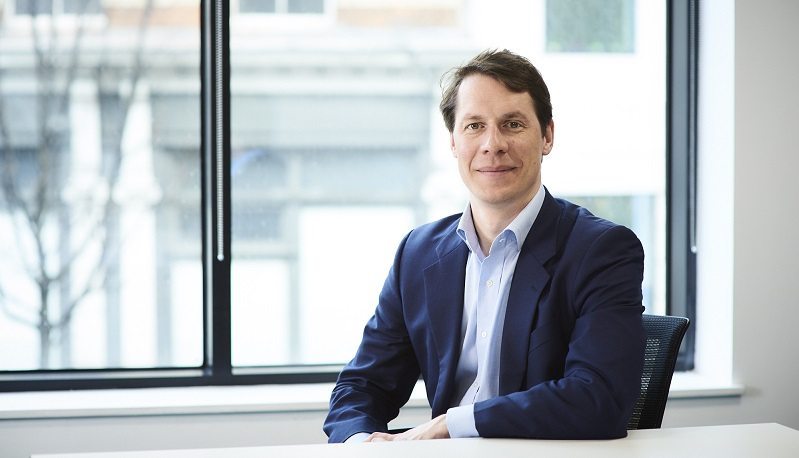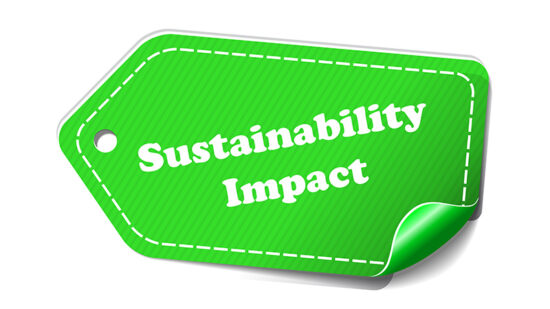Many of the sector biases within the UK-centric income fund apply here. There are a plethora of consumer goods and consumer services companies to be found, including blue-chip brands like Nestlé and Pepsi, and other lesser known names such as Dutch B2B media firm Wolters Kluwer, valuable for its data analytics.
Healthcare is also a predominant theme, with laboratory services provider Sonic Healthcare included.
Both funds shun some of the typical income stalwarts like utilities, oil & gas giants and basic materials, as they don’t gel with the investment approach. The major difference between the two strategies is the global fund’s weighting toward tech companies.
In the UK, there aren’t the same opportunities in technology that there are across the pond or even in Europe, Peters argues.

“Despite being good at tech in the UK, we don’t seem to have many large listed tech businesses. There’s Sage, Arm got taken over and Fidessa is being bought by a Swiss business. The tech sector in the UK is small and shrinking whereas globally you have any number of businesses, whether it’s SAP in Germany or Cisco and Intel in the US.”
Valuation in focus
The Evenlode team are stockpickers, not macroeconomic forecasters. Therefore, while Peters reads about Brexit and other geopolitical events with great voracity, he doesn’t try to base any investment decisions around “known unknowns” or “unknown unknowns”, to borrow a phrase from former US secretary of defence Donald Rumsfeld.
Peters says: “You can name all the known unknown risks such as Brexit, but the thing that will blow a hole in Cisco’s business model we probably won’t have thought of. This is what we mean by unknown unknowns.
“If we look at businesses that have great microeconomic characteristics, strong balance sheets, good cashflow and good competitive positions, then we can let the macro wash around outside those companies to a certain extent.”
The main macro factor Peters considers is valuation, a particularly relevant topic at a time when most analysts and investors agree equity markets are overvalued.
“But I do think that unlike in 2009 – when we launched in the depths of the financial crisis – we really do need to look closely at valuation, be selective and manage other risks in the portfolio as well.”
As Peters likes to say: “We’re a low turnover strategy, not a zero turnover one. We have evolved the Evenlode Income portfolio over the eight years that we’ve been running it and I expect it will evolve over time to reflect the changing valuation environment.”
The volatility that rocked markets at the beginning of this year hasn’t changed Peters’ opinion on the portfolio of businesses in the Global Income Fund.
“Not having markets steadily march upwards is a healthy thing and if a little heat can come out of it, then all the better. It gives us something to invest in.
“We have a portfolio of really great businesses that are trading at better than fair value. That’s not a bad place to be.”
Fund selector view: Darius McDermott, managing director, Chelsea Financial Services
“I really like Evenlode Income. Ben and Hugh focus on a handful of high-quality companies that should be resilient throughout the market cycle. It’s a high-conviction portfolio with just 40 stocks and turnover is very low at typically less than 20% per annum.

“They invest in companies with three characteristics: asset-light business models (intangibles are key), high barriers to entry and customer purchase decisions that are not based on price alone.
“One possible flaw is that having had the fund removed from the IA UK Equity Income sector as the yield was too low (currently 3.3%), they have decided to leave it in the UK All Companies sector so as not to be constrained by an income target. This could mean the fund gets lost in an already overpopulated peer group, especially at times of cyclical or momentum markets, when it could underperform.
“For now, however, it is more than holding its own. The recently launched Evenlode Global Income is a natural extension of the managers’ capabilities, using the same investment style as its predecessor. The outlook for global dividends is positive, so it is definitely worth a look.”







